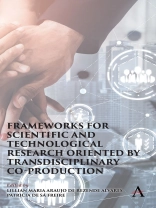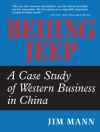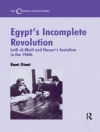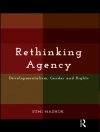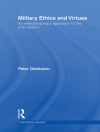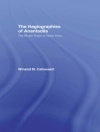This book presents the Framework Knowledge Acquisition Design, indicated for the development of scientific and technological research that demand the dialogue of academic and non-academic researchers for the configuration of the unit of knowledge, established in a transdisciplinary methodology of co-production in a diachronic study of the main theoretical frameworks, methodological and contextual, and with the presentation of selected frameworks of transdisciplinary co-production.
The work can be classified both as a reference work in Transdisciplinary Research Methodology and as a textbook to guide the Transdisciplinary Coproduction in the context of innovation and organizational and social development. The constituent elements of the work that make it a reference work in Research Methodology are the theoretical foundations on the unity of knowledge, on the issue of transdisciplinary and on co-production, in a trajectory that begins with the first thinkers of the renaissance (and its basis in the philosophy of classical antiquity) addressing contemporaneity, supported by the main thinkers of transdisciplinary and integrative research.
The constituent elements of the work that make it a textbook is the presentation of the main conceptual frameworks on the partnership between academic and non-academic actors (public and private) for the co-production of scientific knowledge, which will be the basis for the presentation of a new method that is sufficiently robust to accommodate from scientific initiation to complex, deep and substantial doctoral studies.
Genuine transdisciplinary research aims to coordinate different bodies of knowledge, after identifying gaps in the science, technology and society tripod filling these gaps with appropriate scientific methodology and theoretical references. It is the recognition that specialized knowledge bases are dispersed in the very heterogeneity of reality and that, therefore, only an integrative approach will be able to capture essential features of the context in which the problem is inserted. It is to bring to the scientific framework relevant social problems that need a solution and lead to the relevant problems that need a solution, wherever they are, science.
In this context, the involvement of non-academic actors in the disciplinary, multidisciplinary, interdisciplinary continuum advances towards transdisciplinary research, intensifying the cooperation and integration of various fields of knowledge in solving the research problem. Transdisciplinary, in a broad sense, can be described like a movement as the shift from fragmentation to relationality, from unity to the integrative process, from situated homogeneity to heterogeneity, from linearity to non-linearity, from simplicity to complexity, from universality to practices , from isolation to collaboration and cooperation. The appreciation and increase of these forms of interaction in search of the unity of knowledge beckon a new form of articulation between society and academia, especially for conducting scientific research, fostering new partnerships between university and society.
This book brings the fundamentals of the changes that have become necessary to transcend and integrate disciplinary paradigms and the theoretical and methodological references for the realization of scientific researches that consider this scenario, including the presentation of a robust new conceptual framework for academic research in the field the integration engineering and knowledge governance.
Cuprins
List of Figures; List of Tables; Epigraph; Introduction, 1. The Concern with the Unity of Knowledge in History; 2. Transdisciplinarity; 3.Transdisciplinary Co-Production; 4. Transdisciplinary Research; 5. Knowledge Acquisition Design (KAD): A Framework for Transdisciplinary Co-Production Research in Knowledge Governance and Organizational Learning; 6.Final Remarks; References; Glossary; Appendix A: Timeline; The Authors; Index
Despre autor
Lillian Maria Araujo de Rezende Alvares is a Professor at the Faculty of Information Science at the University of Brasília (Un B)/Brazil. She is a Ph D in Information Science at the University of Brasília and the Université du Sud Toulon-Var and Post-doctorate in Cognitive Systems. Patricia de Sá Freire is a Professor at the Knowledge Engineering Department at the Federal University of Santa Catarina and researcher at the Graduate Program in Engineering and Knowledge Management at the same university. She is a Ph D in Engineering and Knowledge Management.
